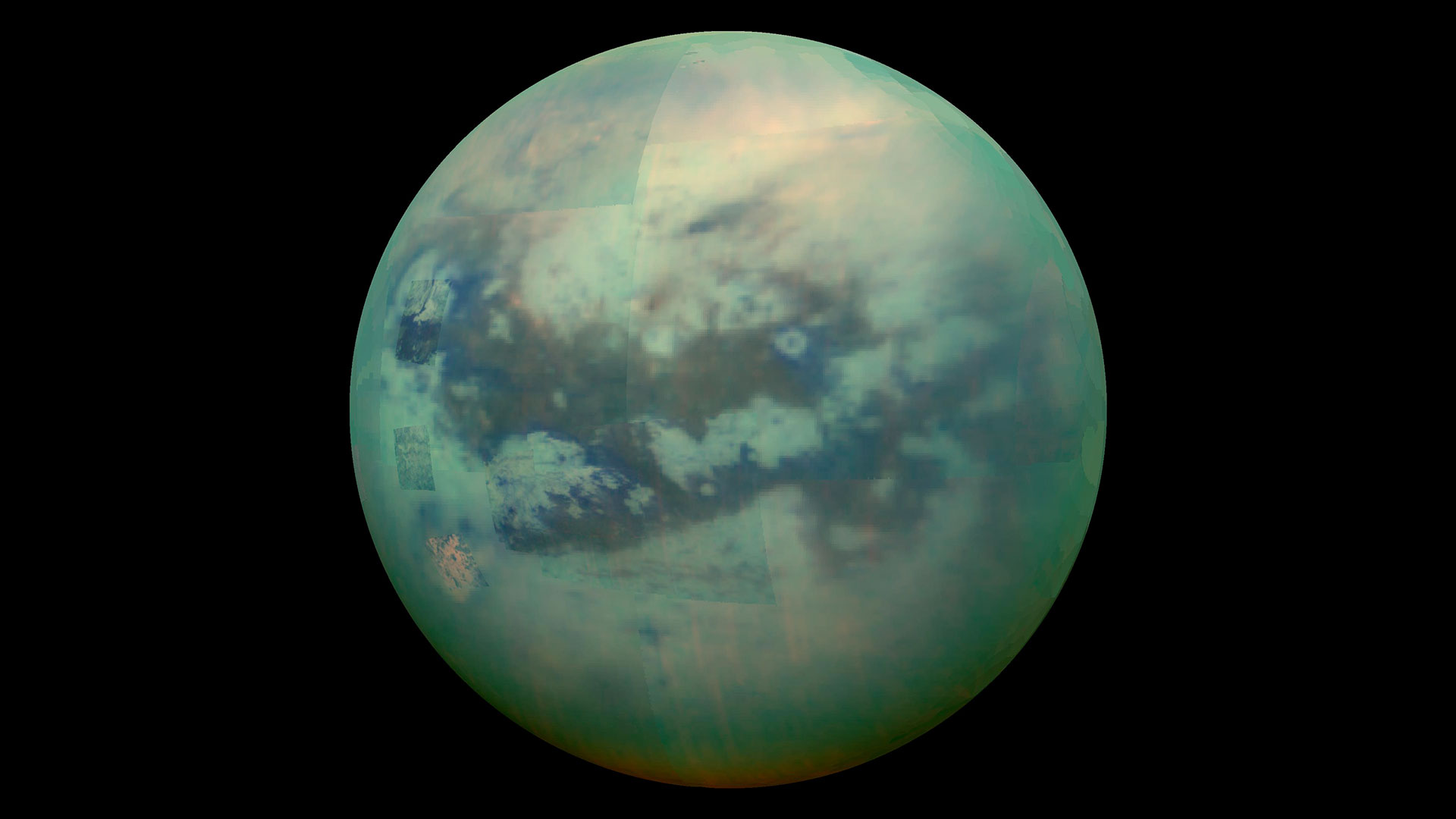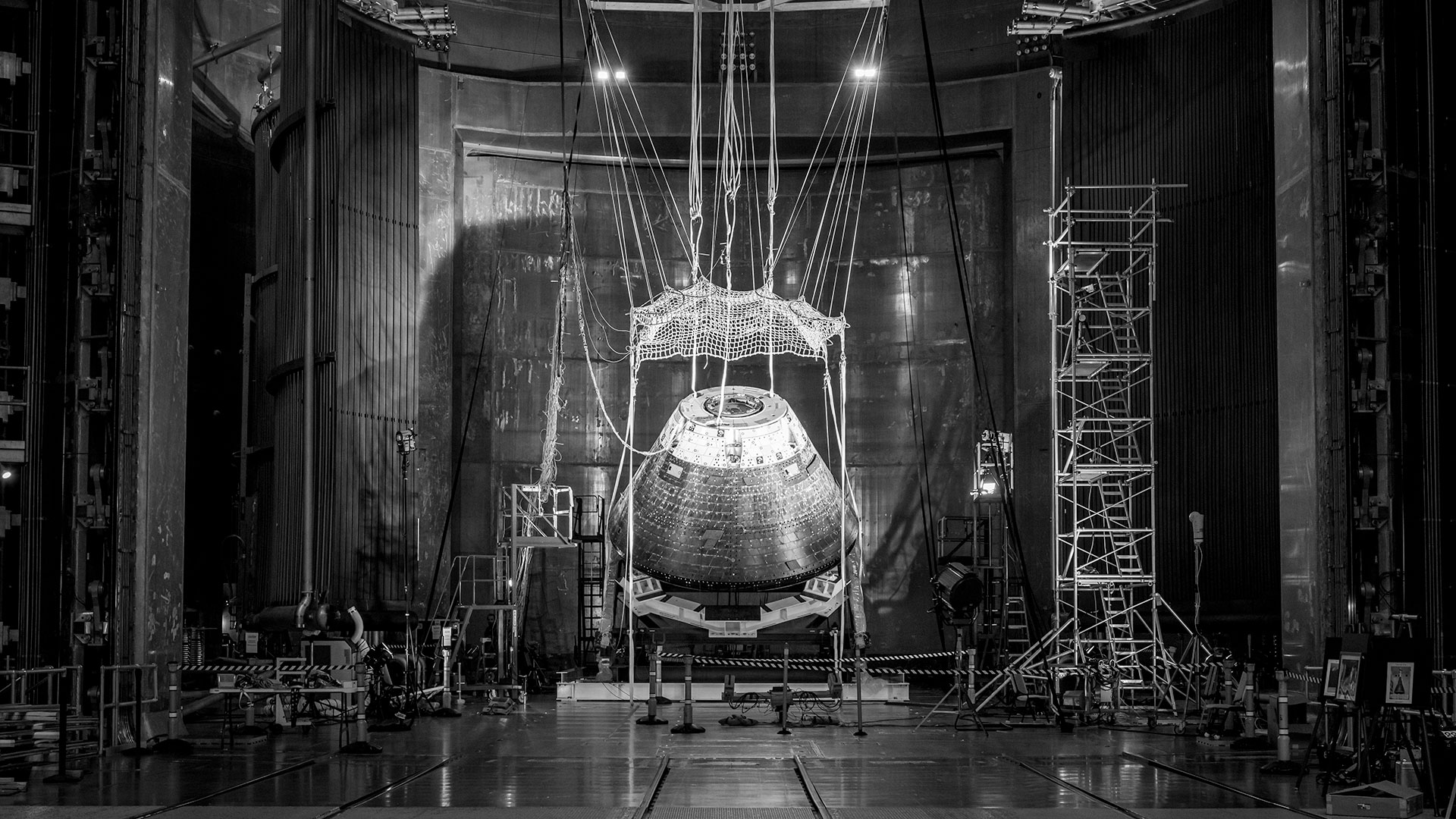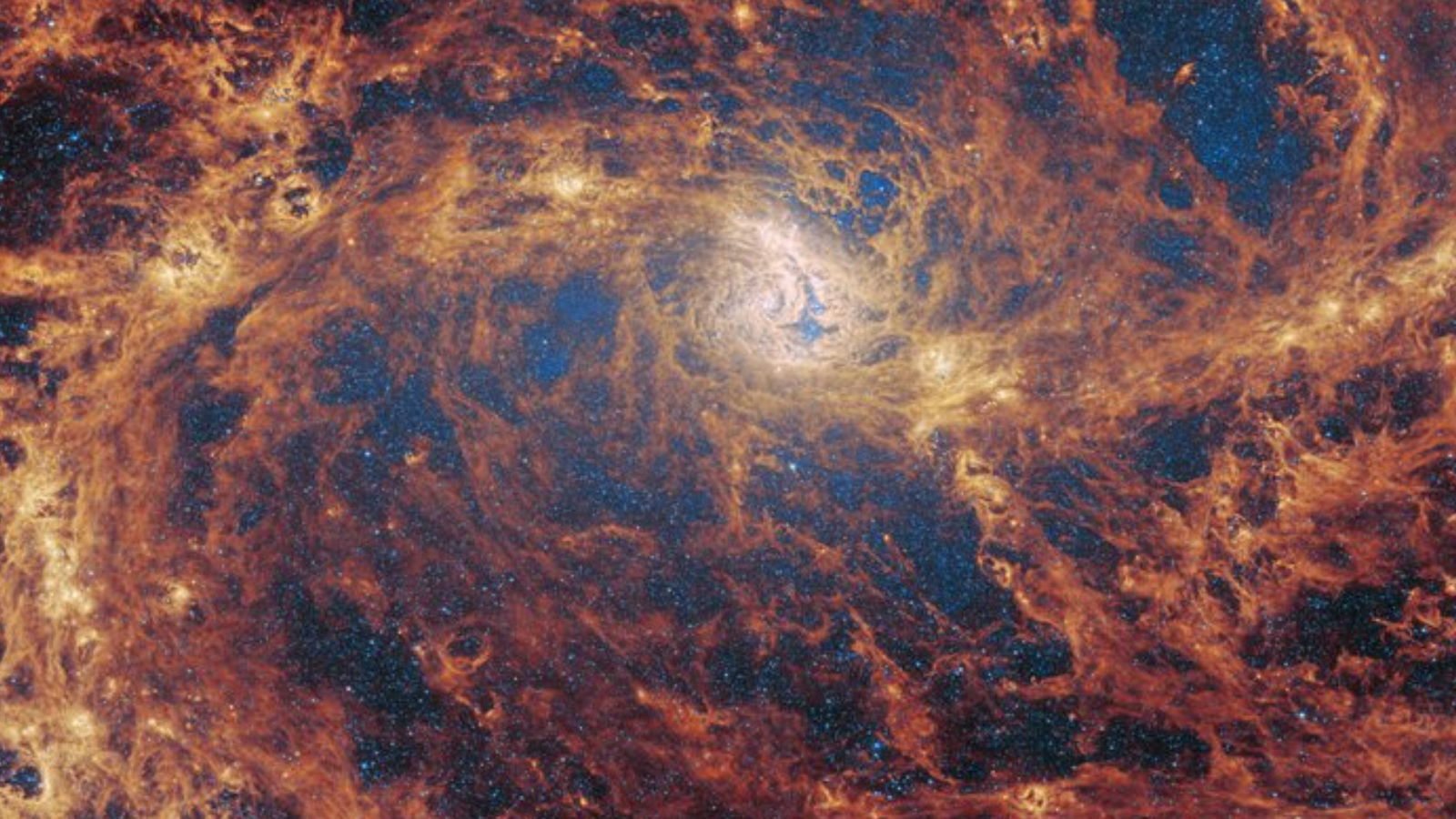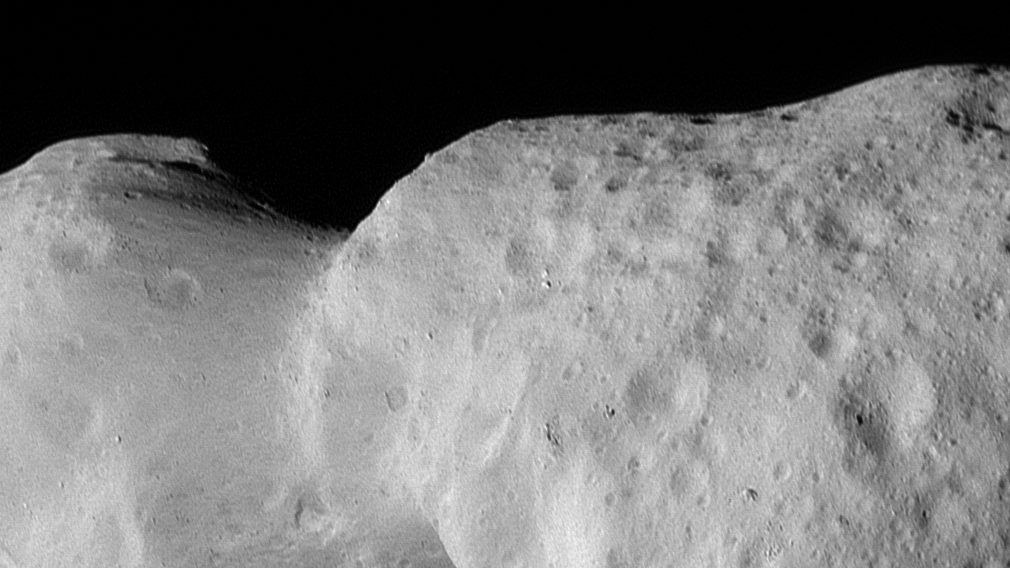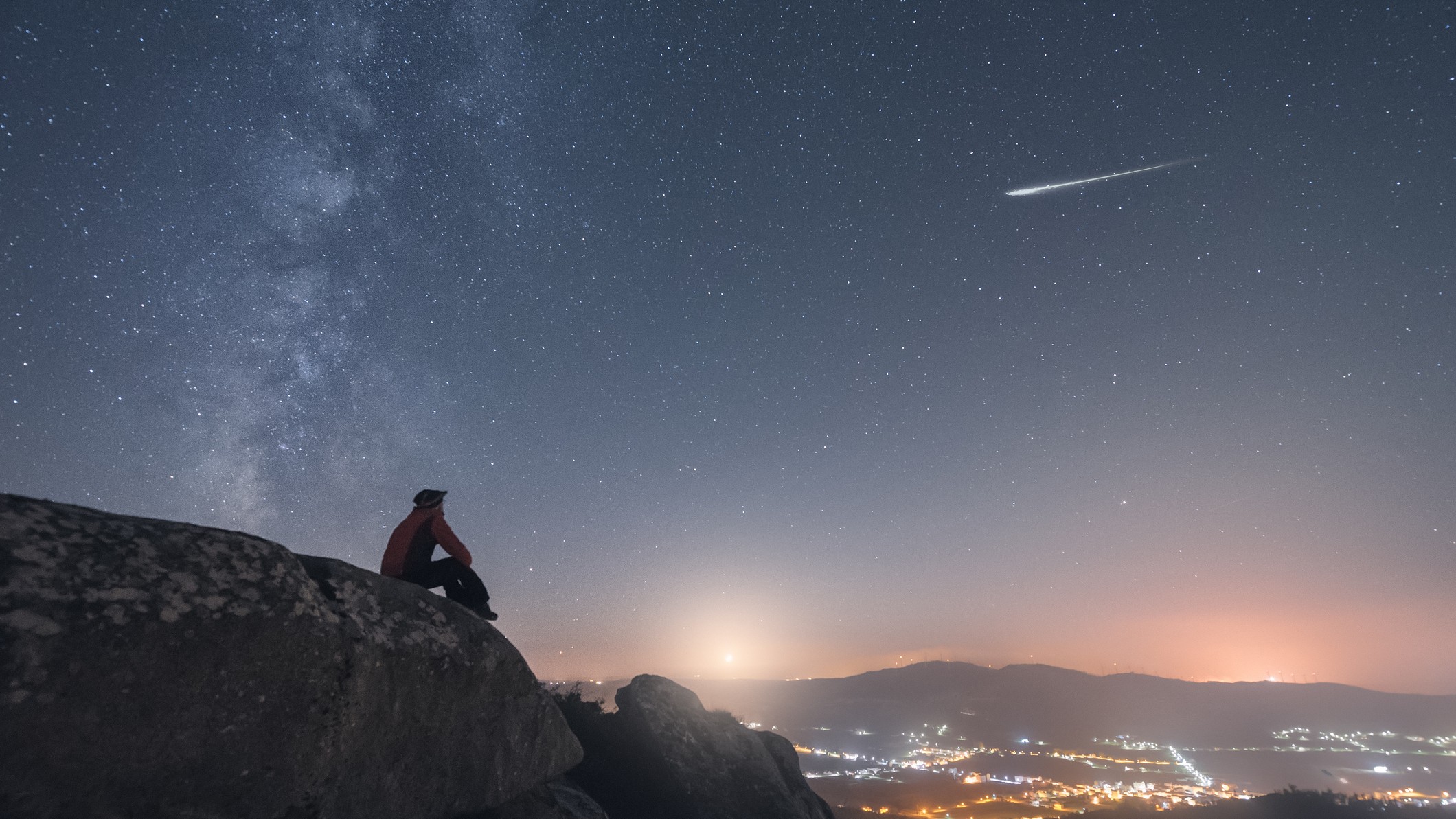
If you've ever looked into long-term skywatching and balked at the cost of astronomy kit you'll be glad to hear we have five ways to save on a skywatching trip of your own.
Anyone who's headed out on a clear night, away from light polluted areas has witnessed for themselves the incredible beauty of the night sky painted with millions of stars. Seeing the glow of the Milky Way for the first time hanging overhead is a feeling so infectious that it inspires us to invest in some astronomy kit to enjoy the night sky more. However, if you've ever looked into skywatching on a regular basis you'll know that kit and travel costs rack up quickly and can put many off, which is why we've put together five ways to save on a skywatching trip.
But it doesn't have to be like that. In fact, if you make just a few concessions, skywatching can be relatively cost-effective. Doing things like sharing cars, packing your own food and camping out overnight at far-away locations can all help keep the costs down considerably.
Before we get down to our top five ways to save on a skywatching trip, why not take a peek at our roundup of the best locations for astrophotography and skywatching? Alternatively, if you want to find a good telescope in your budget check out our guide to the best telescopes or grab yourself a bargain in our pick of the best telescope deals. If astrophotography is more your thing we've rounded up the best camera deals, too. In the meantime, let's take a look at our top five ways to save on a skywatching trip.
Take a ride-share
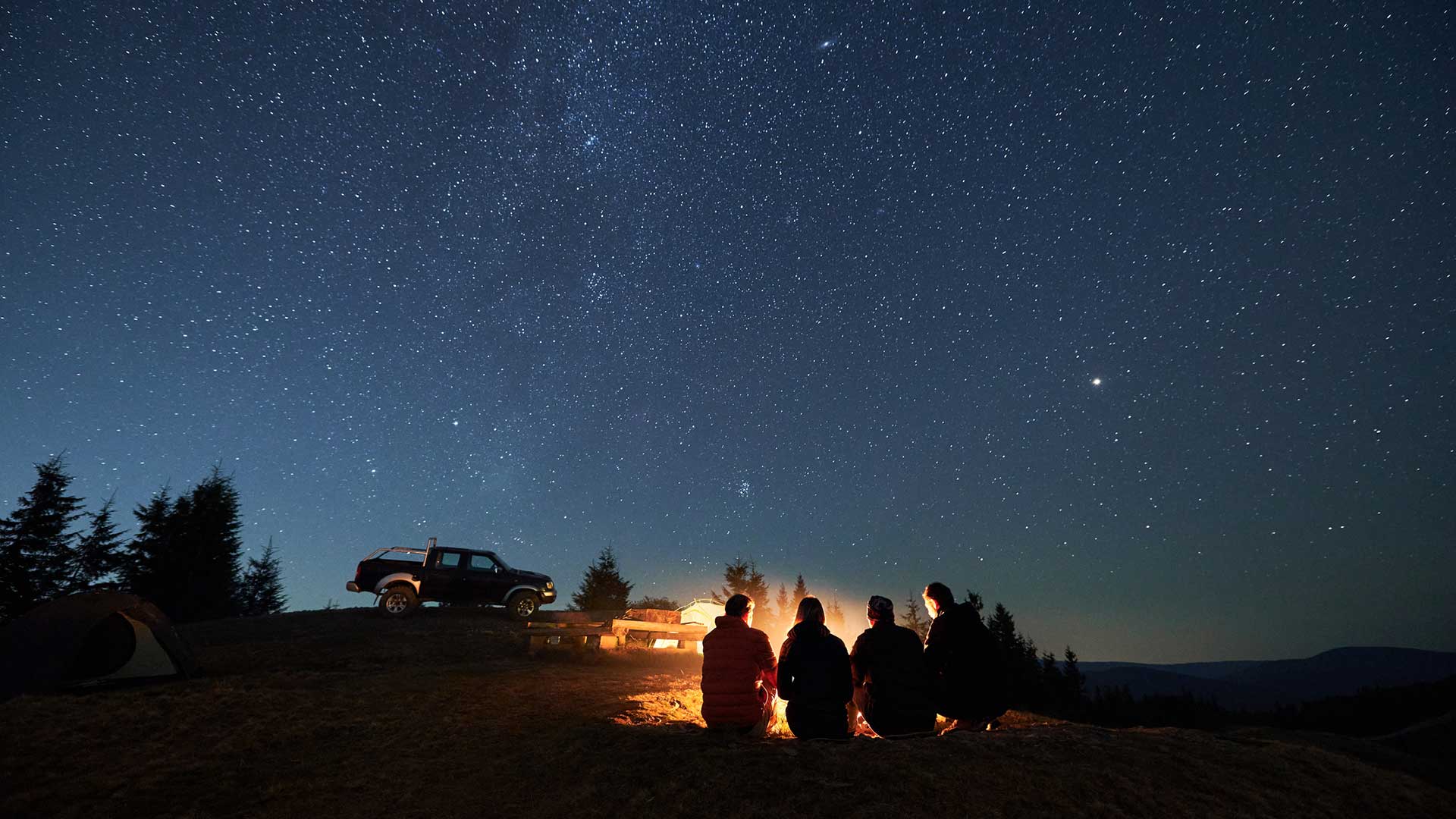
With rising fuel prices taking a trip to your favorite skywatching spot is likely to be one of the most expensive parts of stargazing on location. That, combined with the purchase of a vehicle, including taxing, insurance, and maintenance and servicing costs all add up to quite a few pennies. To remedy this cost consider ride-sharing and split the cost of fuel with a friend. Not only will it make it cheaper for everyone to go on that skywatching trip but it's also good for the environment, keeping emissions lower.
By taking just one car and traveling with multiple friends everyone saves money and the planet. However, what if you don't own a car? Well, as long as you have your driving license it's not a problem. Just rent a hire car for 24 hours and save on the expense of owning your own. By doing this you can take larger groups (if your license permits) by taking a crew cab van, seven or eight-seater MPV (multi-purpose vehicle) or a minibus.
Alternatively, if you can time it right, a bus trip might be the best option of all. But you'll have to make sure you can reach the location in plenty of time so we recommend arriving before sunset to get set up in a good spot. Bus routes can be restricted too, and often don't travel far out of the city and other populace areas, so it might not be the best method for you to travel. A taxi would be an alternative to a bus, but these are much more costly. Again, traveling with friends and splitting the taxi fare would be the best way to save money here.
Get the Space.com Newsletter
Breaking space news, the latest updates on rocket launches, skywatching events and more!
Set up camp
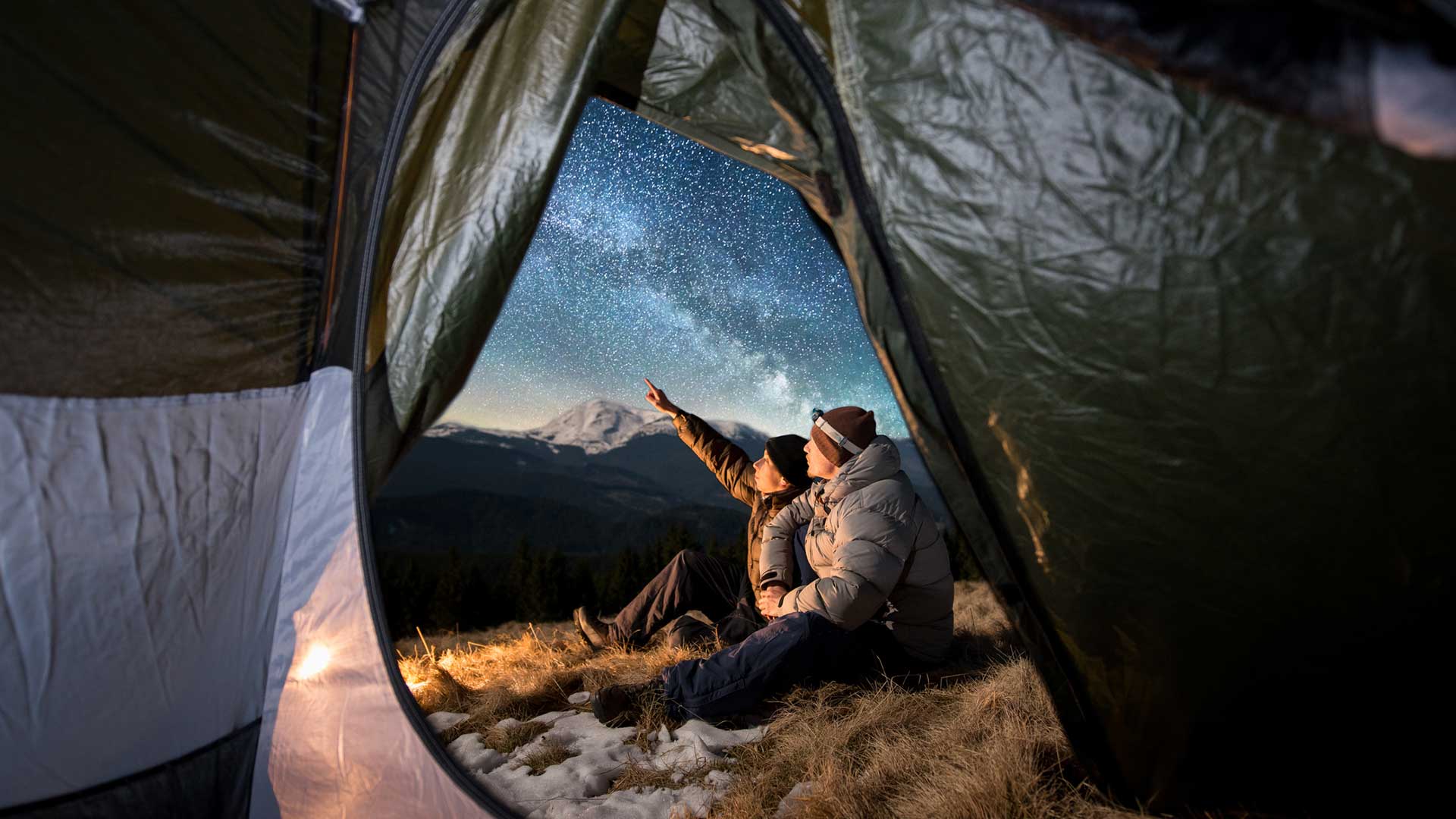
Aside from travel, the next biggest expense for a skywatching trip is accommodation. Where most other travelers book a hotel or an AirBnB for a night so that they can sleep, skywatchers would be out during night-time hours which renders the booking largely useless. This is especially true when considering the check-in and check-out times, usually forcing people to leave by mid-morning the following day when stargazers are only just starting to get their forty winks.
Instead, then, opt for a lie-in and pack a camping tent. That way, when you're tired from skywatching all night, you can simply crawl into bed and snuggle down for sleep before rising late the next morning fully rested, ready to head back home. We'd advise arriving on location during daylight hours to set up the tent and lay out any bedding because after a long night of skywatching you'll likely be too exhausted to wrangle with those tent poles.
If camping in a tent isn't for you (let's face it, some of us like the luxury lifestyle) why not consider hiring out a campervan? There are plenty of options available online and likely to be many available in your local area. However, booking ahead is crucial because campervan popularity has soared since the pandemic first began.
Pack yourself a picnic
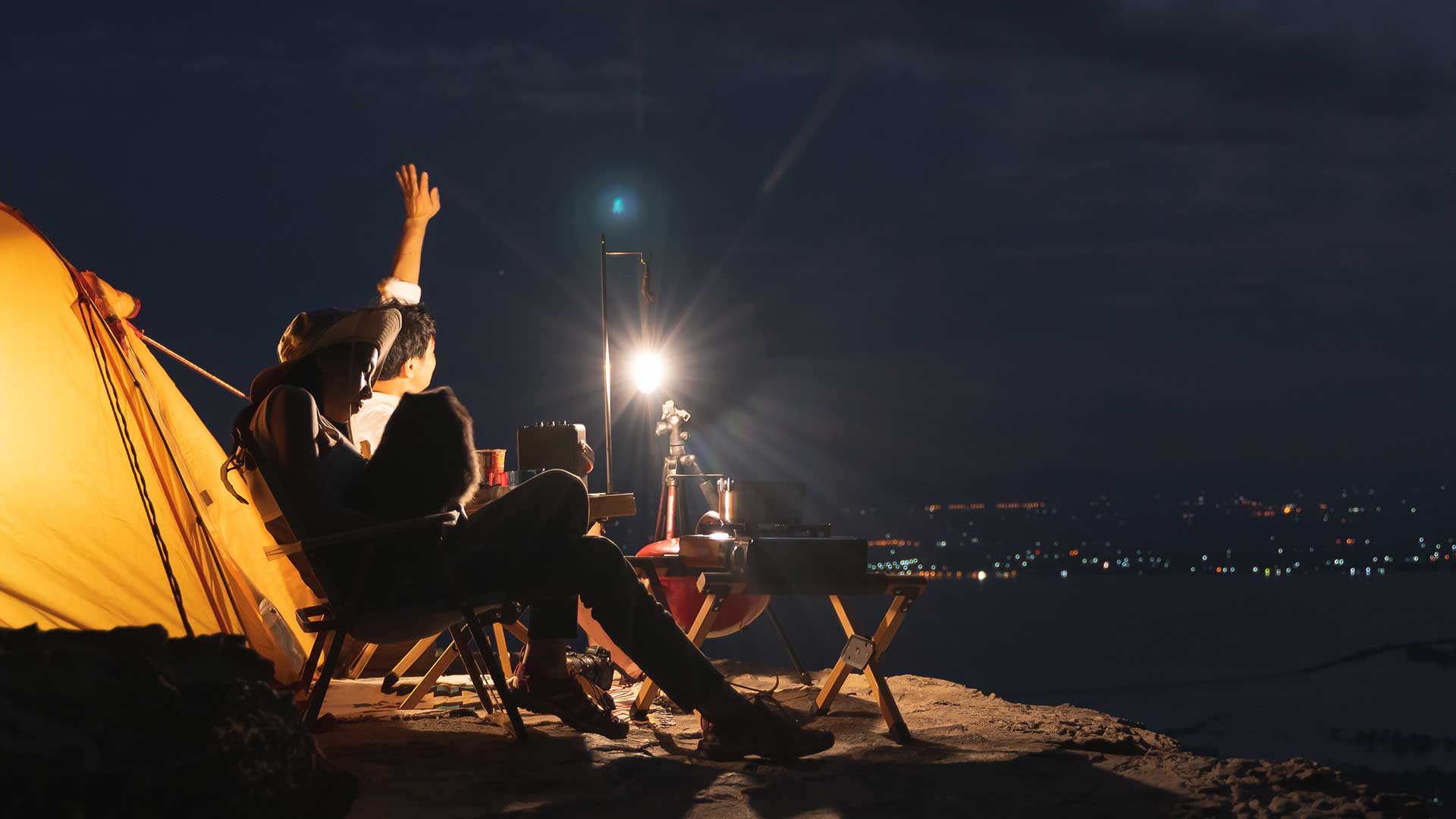
Going somewhere new and trying the local restaurants is a great thing to do when going on holiday, but eating out can really rack up quite the bill if you're trying to go skywatching on a budget. For a fraction of the price pack up some kitchen camping equipment like a small gas stove and some cans of food, or pre-prepare your food ready for cooking when you're at your chosen spot.
Chances are, you won't be able to eat out anyway because the best skywatching spots will be away from built-up areas. Even if there is an eatery nearby, it's better to get to your location during the last few daylight hours to get set up with cameras, binoculars, telescopes, and if you're camping then getting that tent pitched might take a while, too.
If you're camping out anyway, some cooking equipment is a good idea. Whether you need some coffee to keep awake throughout the night or want to make some breakfast the next morning, you can pick up everything you need for about the price of a good meal at a restaurant. And then, when you want to go out again, you'll already be prepared with your own mini-kitchen, spreading the cost even further.
Keep it local
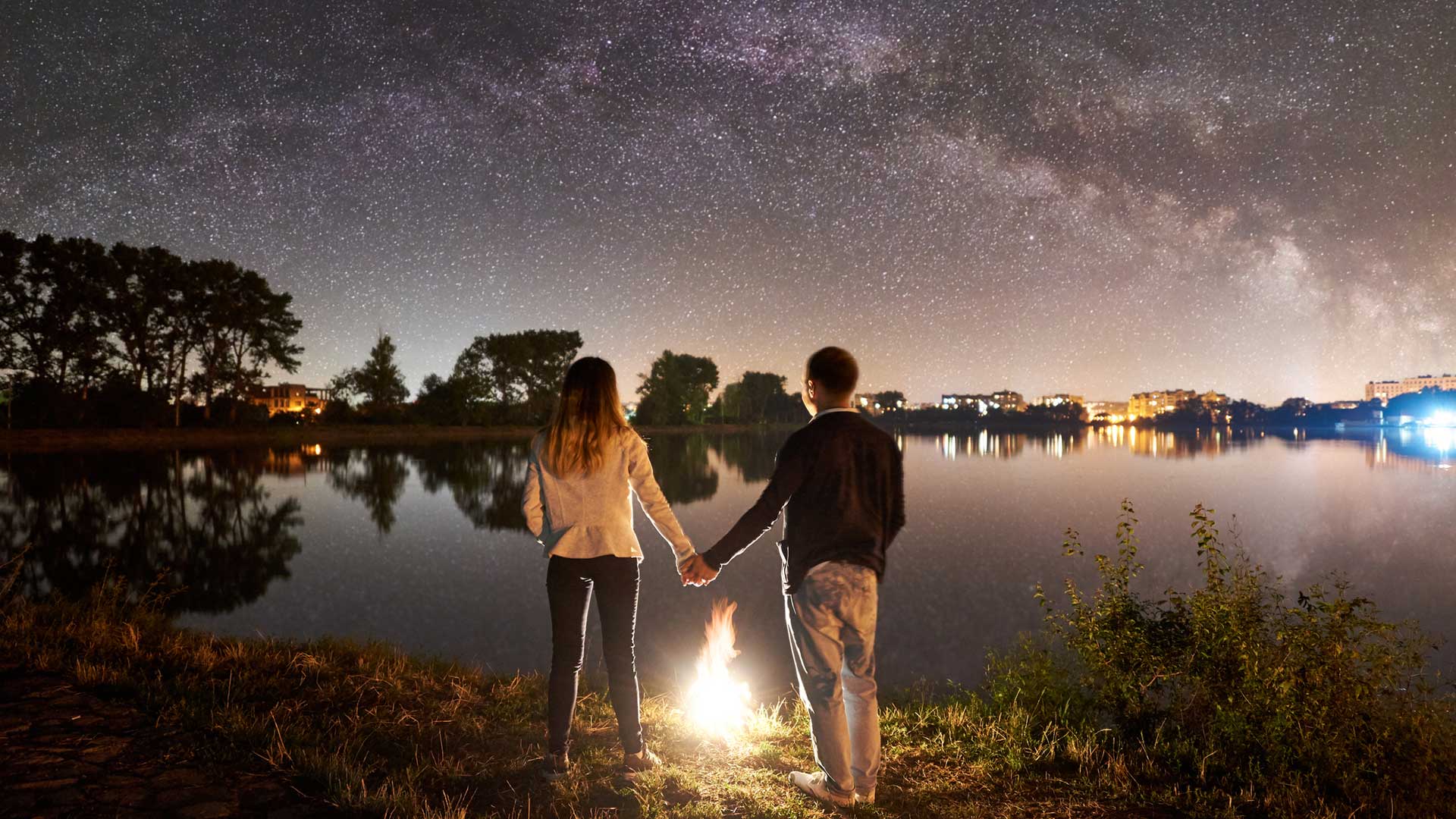
If you were planning on jumping on a plane to head long-distance or even abroad for your skywatching trip then perhaps reconsider. While not all regions are suitable for decent night sky viewing there are plenty of online tools to help you discover good, dark spots nearby.
In fact, the International Dark-Sky Association has a list of good places to travel to across the world for the darkest skies. Don't give up if you can't find one near you though, you can also use a site like Dark Site Finder to track light pollution and figure out the best locations for skywatching in your area. A good rule of thumb is to ensure you're away from built-up, urban areas like cities and large towns to minimize light pollution and smog. Coastlines are often a good place for stargazing because of the lack of street lights out at sea.
Hire equipment, instead of buying it
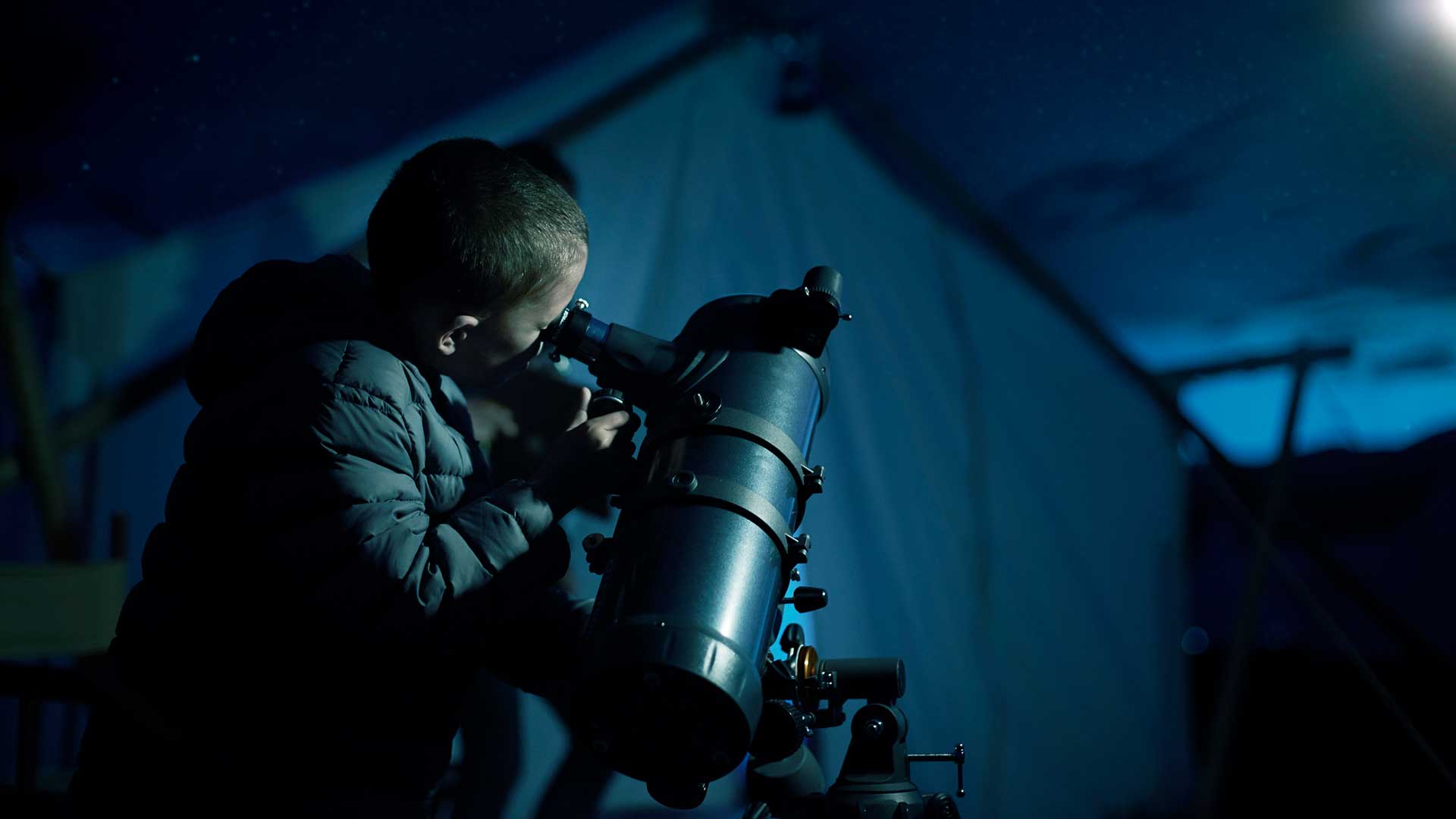
Whether you're into stargazing through a telescope or photographing the night sky with a camera, getting into skywatching can be an expensive hobby. Of course, there are budget options for those that want a telescope, pair of binoculars, or a camera but for those that only want the occasional skywatching trip it may not be worth the purchase. Instead, opt for hiring out the kit.
By hiring out a telescope or a camera you're saving hundreds, if not thousands, on the initial financial outlay, servicing and maintenance costs. It also means you can use high-quality equipment that would otherwise be out of budget should you purchase the kit, giving better results and a more involved skywatching experience. There are plenty of options in North America and there's likely a good astronomy shop near you that will rent them out. Otherwise, a quick search online will return a reputable shop that is happy to send the telescopes out, such as Scopes4rent LLC. One option in the United Kingdom is Dark Sky Telescope Hire which hires out their 'scopes starting at £30.
Conclusion
It's not actually too hard to save money where you need to, especially if your budget is a tight one. Although you'll likely have to compromise somewhere along the line you don't have to do all the above five tips at once, but rather pick and choose based on your priorities. For example, you could eat out at a restaurant but camp overnight, or travel alone in your own car but hire a telescope or camera. The choice is yours.
Join our Space Forums to keep talking space on the latest missions, night sky and more! And if you have a news tip, correction or comment, let us know at: community@space.com.

Kat is a qualified journalist and has been working in publishing for several years. Published widely on titles across the globe Kat has a passion for skywatching and the night sky. Especially fond of searching for the Milky Way she's lucky enough to have seen the northern lights on several occasions during her stargazing trips and, after scouting photography locations for comet neowise in 2020, hopes for another comet-viewing opportunity again soon.
